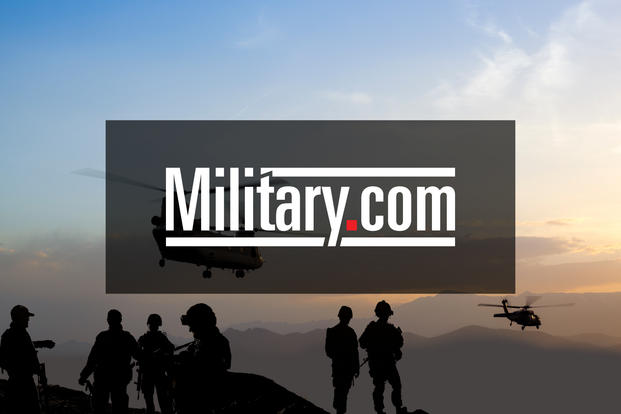Eric Golnick, a former naval officer, is a national veteran and mental health advocate and co-founder of Veteran and First Responder Healthcare, which provides mental health and substance use treatment to service members, veterans and their families.
A substantial number of former military members were involved in the Jan. 6 capitol riots and subsequently charged with related crimes; nearly 1 in 5 defendants served in the military, according to an early NPR tally. And Air Force veteran Ashli Babbitt was killed by law enforcement after breaking through a barricade.
As someone who currently works to prevent suicide and address substance use among service members and veterans, I wanted to understand why a disproportionate number of those who took part had military experience.
When I first joined the Navy, I was optimistic and idealistic, and felt like I had found my "tribe." However, when I left active duty and began my transition to civilian life, I felt lost, vulnerable and anxious. I didn't feel as if I "fit in" with the civilian world anymore. Sprinkle in some unaddressed trauma, and I turned to the one thing that always made me and my fellow sailors feel comfortable and helped us cope: drinking.
In the military, drinking culture is ubiquitous. It is the one activity in which nearly everyone takes part, due in no small part to peer pressure. This is especially true after the stressful operation tempos of the last decade. For promotion ceremonies, command events and coming back from deployment, drinking is a staple of military culture that, in many cases, remains with you after leaving active duty.
Like many veterans who had issues relating to civilian life, I turned to online veteran communities to chat, commiserate and find camaraderie. Finally, I was part of something again, with people who understood me. My weekends were consumed by drinking, going to events and engaging various veteran groups online. Much of it was harmless enough -- some interservice rivalry and dark humor. When things got serious, and someone talked about dealing with Post Traumatic Stress (PTS) or suicide, we all tried to help bring them back from the brink. I felt that these online friendships were a necessary lifeline.
But I soon realized that the short-term sense of belonging brought about something far more damaging. While I was back with people who understood me and had worn the same uniform, I was also very susceptible to ideas that I would never otherwise believe or advocate. I soon found myself thinking that civilians were "morons" and would never understand the experiences of service members and veterans. My anger and sense of isolation illogically grew.
Many veterans fall into this cycle of drinking and going online. We can easily fall prey, in these vulnerable states, to extremist groups. According to a 2011 Department of Homeland Security report from the National Consortium for the Study of Terrorism and Responses to Terrorism, veterans have a specific set of skills, such as weapons and explosives training, that would be useful to these groups' violent ends.
Extremist groups use online recruiting tactics to specifically go after veterans and service members. There is still insufficient research to ascertain an accurate picture of how many service members and/or veterans are members of, or otherwise affiliated with, radical violent groups. But Defense Secretary Lloyd Austin is making addressing extremism in the military a focal point as he begins his tenure.
How did we get here? A potential answer is that these extremist groups prey on us during some of the most vulnerable times of our lives. Some studies have found that anywhere from 11% to 20% of veterans and service members have PTS. It is estimated that 1 out of 3 veterans with PTS also has a substance use disorder. When in these vulnerable mental states, coupled with substance use and a loss of "tribe" or sense of belonging, veterans become a prime target for extremist groups.
We need to understand the specifics of what leads service members and veterans down the path of extremism. While mental health and substance use are not the only factors, they can be symptoms that we can study for more answers. From here, we can work to ensure that our nation's heroes feel a sense of belonging and have access to the help and resources they need to avert the path of radicalization.
-- The opinions expressed in this op-ed are those of the author and do not necessarily reflect the views of Military.com. If you would like to submit your own commentary, please send your article to opinions@military.com for consideration.












